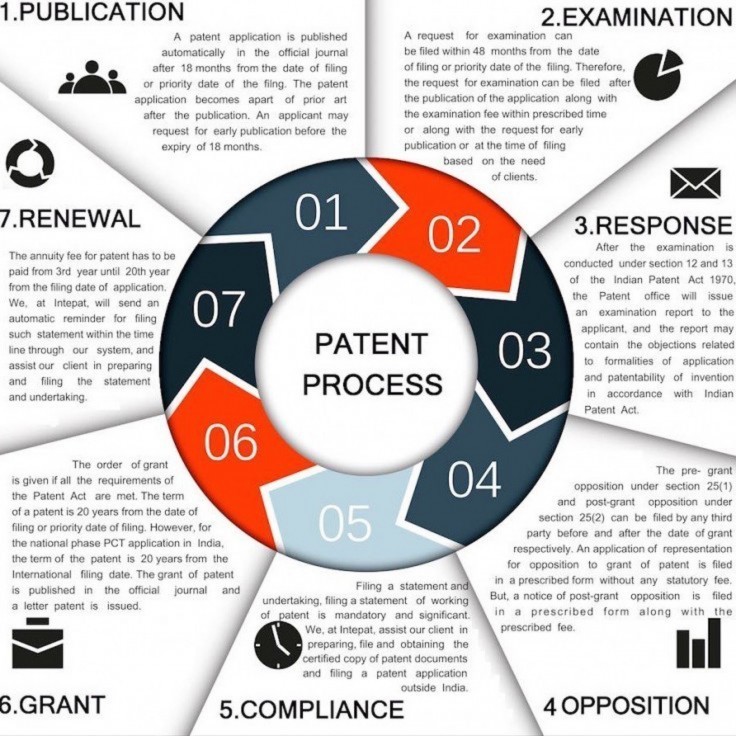End of Hepatitis C Tourism?
For more than a year, Hepatitis C patients who could not afford the high price tag of the novel Hepatitis C drugs in their respective countries, could go to India and buy the medicines they needed to get well for about $2,000. This window that cured thousands and thousands of patients is about to close, as the result of Indian patent office ruling on drug Sovaldi (400mg sofosbuvir).Gilead Sciences, the pharmaceutical company that makes Sovaldi, failed to show the inventiveness and novelty sufficient to grant a patent on Sovaldi. Since they did not wish to lose such a big market as India, they gave licences to 11 generic manufacturers in India to produce and distribute the low-cost sofosbuvir pills as their plan B (getting a patent being a plan A).
According to Reuters, Gilead appealed against the ruling that refrained Indian patent office from giving them a patent on sofosbuvir molecule. In a dramatic change of heart, Indian patent office just gave Gilead what they wanted all along - a patent. With the plan A in play now, Gilead might choose and forgo plan B - this would mean that there would be no more low-cost sofosbuvir pills to import from India and would leave millions to choose between fetching out more than 80,000$ for the original medicine, or face the lethal consequences of untreated Hepatitis C.
Fix Hep C Buyers Club supply of Hep C drugs is not affected
The Fix Hep C Buyers Club remains one of the strongest providers of low-cost Hepatitis C medicines. Since sofosbuvir the buyers club provider is supplied from China, not India, the supply chain will not be affected and every Hepatitis C patient can seek help they need by contacting us (click here).Why did the Indian patent office change its mind?
In direct contradiction to its earlier order, the Controller General of Patents, Designs and Trademark granted American pharmaceutical company Gilead Sciences the patent for the blockbuster Hepatitis C drug Sofosbuvir (brand name Sovaldi) in India. An application for the same patent was first rejected in January 2015 as lacking inventiveness and novelty.On Monday, however, the patent office dismissed all pre-grant oppositions and stated that it found, “claimed compounds are novel, inventive and patentable under Patents Act.” The decision is a major blow to the access to drug movement, said Leena Menghaney, South Asia head of Médecins Sans Frontières (MSF). “There has been excessive pressure building up on the Indian government to dilute the independent functioning of the patent office to ensure that patent claims are granted far more easily to U.S. firms. In the process, the patent office has completely ignored recent proceedings in the U.S. against Gilead regarding the same application which have been found to infringe two of Merck’s patents, clearly defeating Gilead’s claim that its application on the drug was novel,” added Ms Menghaney.
How obtaining a patent works

“These are very scary times for the patient communities globally who rely on affordable generic medicines coming from India. The government’s “Make in India” campaign seems to be only for foreign companies and not for Indian generic industry which has been the lifeline for people across the world,” said Loon Gangte with the Delhi Network of Positive People
Gilead, in a statement, welcomed the move, but said it will have no impact on availability of the compound, which is already licensed to 11 generic manufacturers in India for distribution in 101 developing countries.
